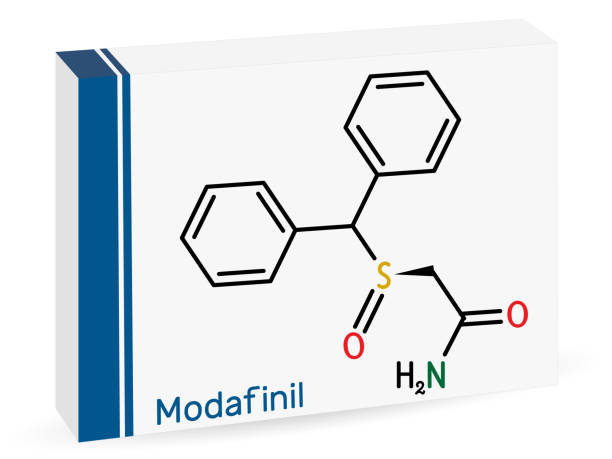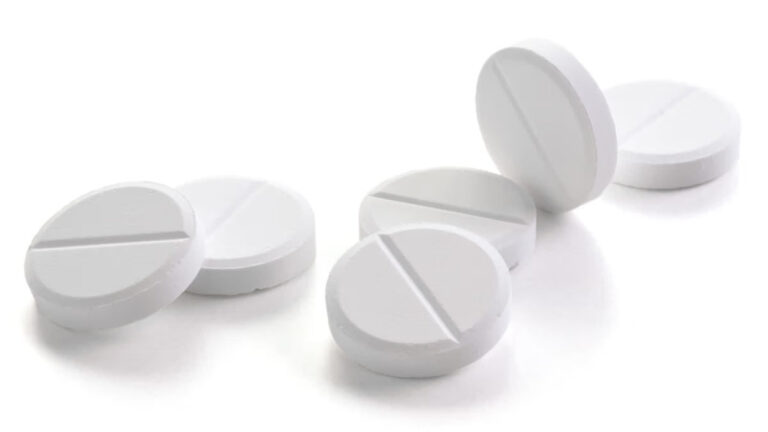Benefits and Risks of Modafinil in Bipolar Treatment
Bipolar disorder, marked by dramatic mood swings between manic highs and depressive lows, is a challenging mental health condition. Treatment often involves mood stabilizers, antipsychotics, and therapy. Recently, modafinil—originally prescribed for conditions like narcolepsy and shift work sleep disorder—has gained attention for its potential in managing bipolar depression. Understanding its benefits and risks can help evaluate its role in treatment.
Modafinil’s Role in Treating Bipolar Depression
Modafinil has been explored as an adjunctive treatment in bipolar depression with some studies reporting positive outcomes. Its primary function in this role is not only to alleviate hypersomnia—a common symptom in bipolar depression—but also to enhance cognitive function and overall daily functioning. Research, including randomized controlled trials, has indicated that modafinil may lead to significant improvements in baseline depression scores compared to placebo, particularly in patients who are also on mood stabilizers.
Benefits of Modafinil in Bipolar Treatment
One of the key benefits of modafinil in the treatment of bipolar depression is its impact on cognitive functions. Patients often report improved ability to concentrate and perform daily tasks when on modafinil, which does not typically happen with traditional antidepressants or mood stabilizers alone. Additionally, modafinil’s ability to promote wakefulness can counteract the excessive daytime sleepiness many bipolar patients experience, which is often exacerbated by other medications commonly used in bipolar treatment. Importantly, modafinil does this with a favourable side-effect profile, particularly in terms of a lower risk of addiction compared to traditional stimulants.
Potential Risks and Side Effects
While modafinil offers several benefits, it also comes with potential risks, especially for bipolar patients. The most significant concern is the potential for modafinil to induce mania or psychosis, particularly at higher doses or in those with a history of these episodes. Common side effects include headaches, nausea, and nervousness, which are generally manageable. However, there are rarer, more serious risks such as severe skin reactions and heart issues, which necessitate careful monitoring and immediate medical attention if they occur.
Clinical Considerations and Recommendations
When considering modafinil for bipolar depression, clinicians must undertake a thorough assessment of the patient’s history and current medication regimen. It is recommended that modafinil be used as an adjunct therapy rather than a primary treatment, complementing established mood stabilizers and antipsychotic medications. Dosage should start low and be adjusted based on patient response and tolerability, typically not exceeding 200 mg per day to minimize the risk of side effects or mania induction.
Patient selection is crucial; modafinil may be particularly beneficial for those who struggle with significant fatigue and cognitive sluggishness, symptoms that are not adequately addressed by their current medication strategies. Regular follow-ups are important to monitor the effects of the drug, especially concerning any signs of mood destabilization or side effects. Additionally, due to the potential interactions with other medications, particularly those metabolized by liver enzymes, prescribers should ensure appropriate pharmacological oversight.
Recent Studies and Emerging Data
Recent meta-analyses and randomized controlled trials provide a mixed, yet cautiously optimistic view of modafinil’s efficacy in bipolar depression treatment. Studies have generally shown that while modafinil significantly improves symptoms of fatigue and cognitive dysfunction, its effects on overall mood symptoms are less consistent. Importantly, these studies also confirm that modafinil does not significantly increase the risk of manic episodes when used in conjunction with mood stabilizers, a key concern for clinicians.
Emerging data suggest that modafinil may also improve functional outcomes in bipolar patients, an area of increasing interest as treatment paradigms shift towards enhancing quality of life and functional recovery. Further research is needed to identify specific patient subgroups who are most likely to benefit from modafinil treatment and to confirm long-term safety and efficacy.
Conclusion
Modafinil presents a promising, though complex, option for the adjunctive treatment of bipolar depression, particularly for managing symptoms of hypersomnia and cognitive dysfunction. While it offers significant benefits in terms of wakefulness and mental clarity, the risks, particularly the potential for inducing mania and psychosis, necessitate cautious use. Ongoing research and clinical trials will be vital in further delineating its role and ensuring its safe integration into broader bipolar disorder treatment strategies. Clinicians must weigh these factors carefully, guided by individual patient needs and existing treatment frameworks, to effectively utilize modafinil in the management of bipolar disorder.








